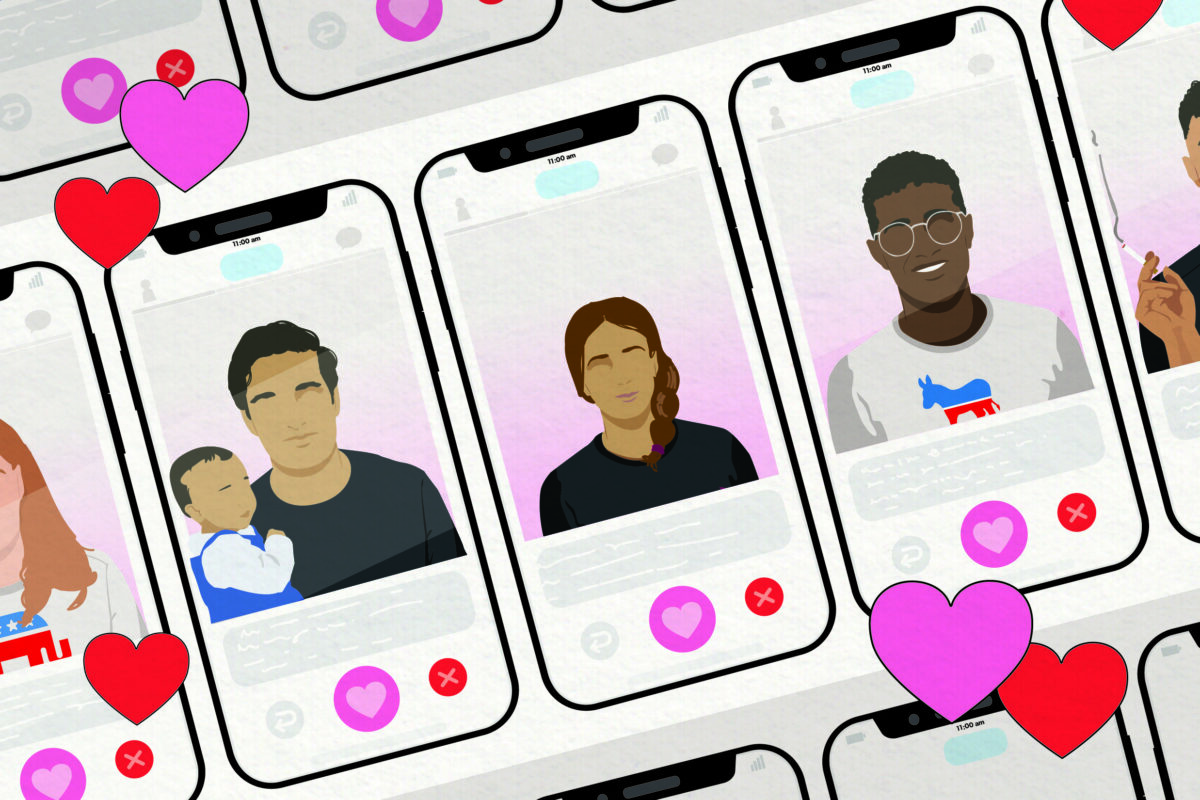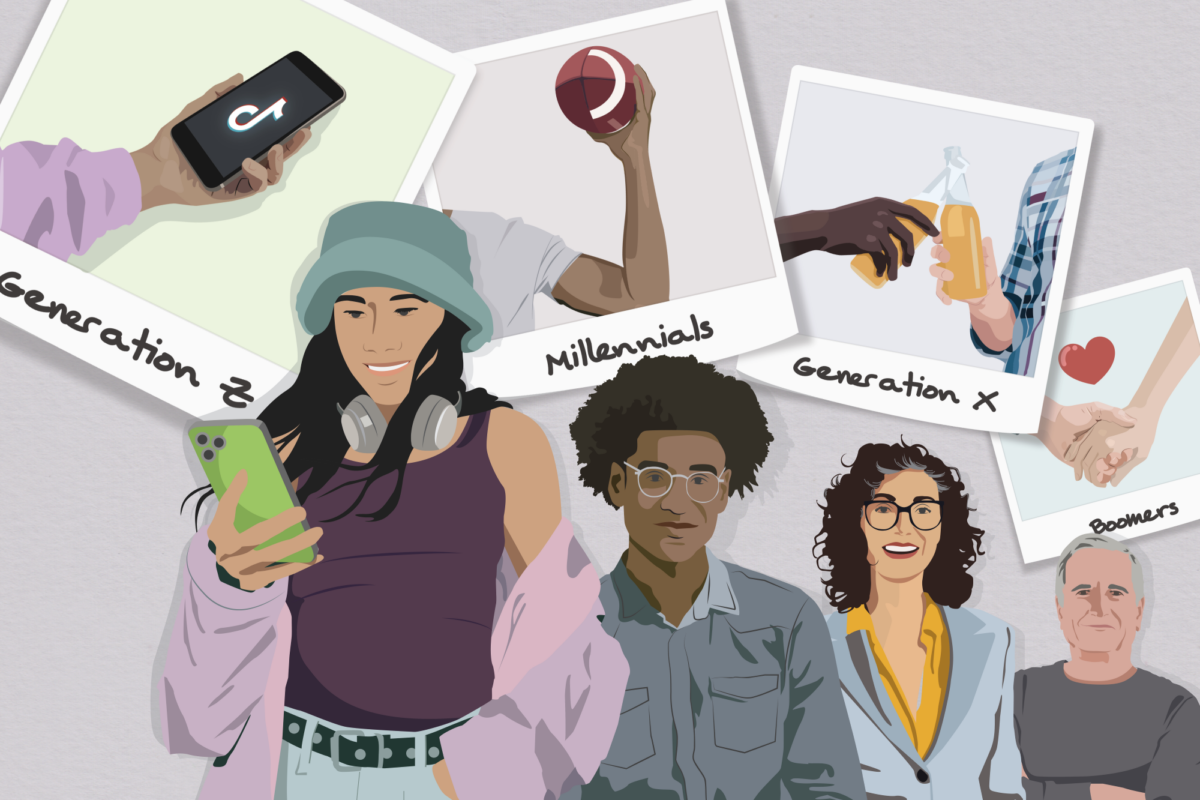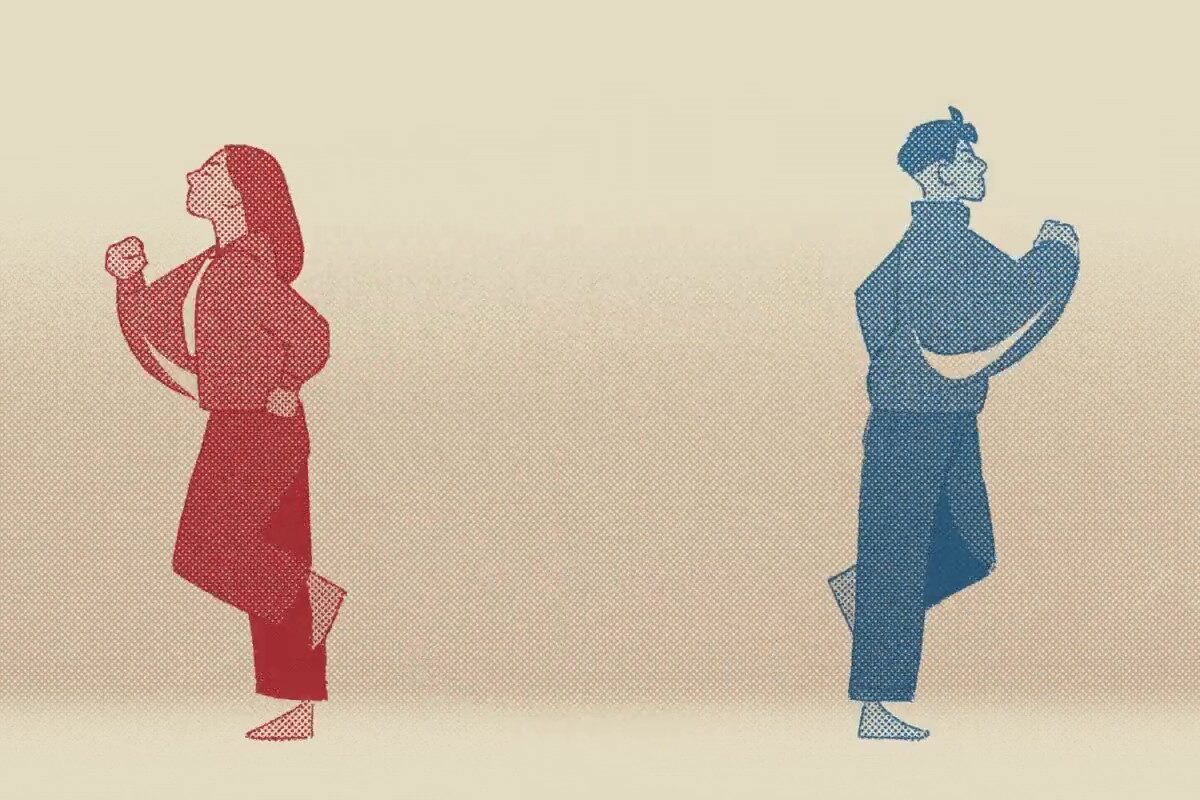Latest Publications
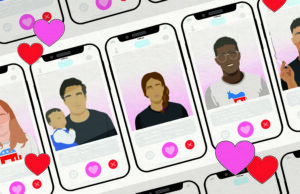
February 9, 2024Daniel A. Cox
Explore Dating Dealbreakers
Check out this interactive to explore which characteristics Americans view as the biggest dating dealbreakers and see who cares about which personal qualities.

July 17, 2023Daniel A. Cox
What the Rise in Dog Attacks Signals About the State of America’s Social Capital
In the wake of the pandemic, the increase in both dog attacks and individual antisocial behavior seems to be a consequence of our deteriorating social capital.

April 26, 2023Daniel A. Cox, Phil Jones
Does Politics Make People More Likely to Identify as LGBTQ?
A novel survey experiment tests the relationship between LGBTQ identity and political ideology.
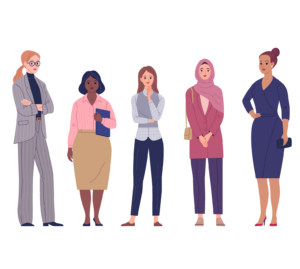
March 15, 2023Daniel A. Cox, Kelsey Eyre Hammond, Jessie Wall
Despite Professional Successes Many Women Still Experience Imposter Syndrome
Women in the professional world are thriving and have been pulling ahead of men for years. Confidence in job performance however, remains lower than men of their same age.
Facts & Figures
- Young Men Distrust Both Parties
- White Union Members Grow More Republican
- Dating Difficulties
In the News
April 9, 2024

